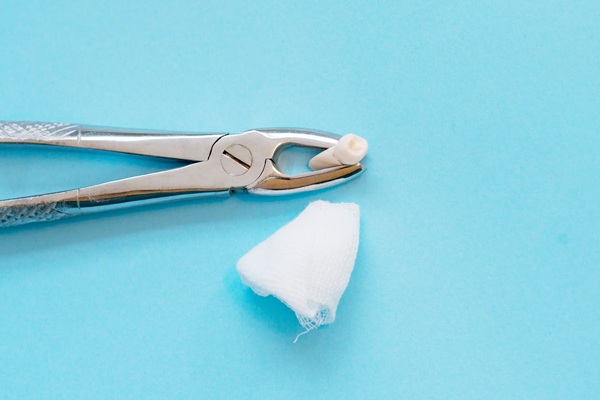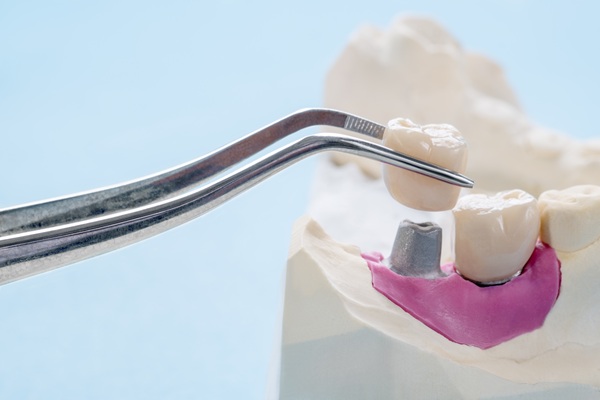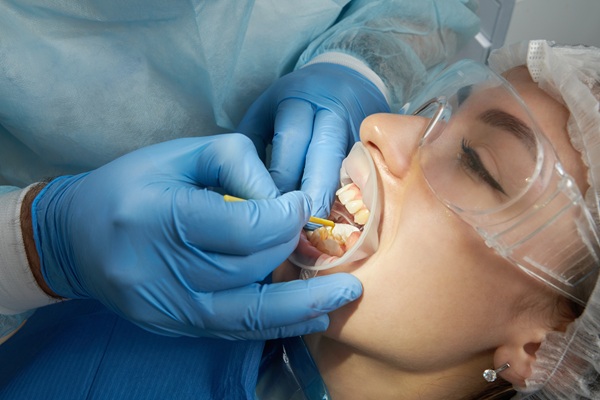Post-Op InstructionsCulver City, CA
Post-Operative Surgery Instructions
After Surgery
In the event you need to reach a doctor regarding your visit, contact the doctor by calling 310-895-2446. If it is after business hours, please leave a message and someone will return your call as soon as possible. We look forward to seeing you at your next visit.
For your comfort, safety and to help prevent possible complications read the following:
Activity
After leaving the office, relax for the remainder of the day. Avoid strenuous activity for 3 days. If you have been given a sedative, do not: drive, watch children, make serious decisions or operate machinery for at least 8 to 10 hours.
Swelling
Some swelling may be present the day after the surgery and may peak at 48-72 hours after surgery. Cold liquids are important for reducing swelling, discomfort, and bleeding. Sip ice water, iced tea, frozen yogurt, milkshakes, or similar cold liquids and keep the surgical area cold for the remainder of the day after surgery. Do not use a straw, as suction can start bleeding. Swelling can also be minimized by placing an ice pack over the treated area, on the outside of the face. Continue for 24 hours after surgery alternating on and off at 20 minute intervals.
Bleeding
There should be minimal bleeding after surgery. When you leave, you may have gauze placed in your mouth. It may be removed once you get home. You may have a pink discoloration of your saliva for up to 24 hours; frank bleeding (bright red) is not to be expected. Should bleeding occur, take a piece of gauze, make a firm compress and place directly over the area which is bleeding. Apply steady pressure for 30 minutes. Placing a moistened tea bag (not herbal tea) over the area may be more effective. Sit quietly in an upright position to aid in controlling the bleeding. If these measures do not stop the bleeding, call doctor immediately.
Eating, Drinking, Smoking
High protein soft foods and liquids are important during the 3-5 day postoperative period. During this time avoid solid, spicy, salty, hot foods, hot or carbonated liquids and do not: spit, smoke, rinse hard, drink through a straw, or create a “sucking” action in your mouth. If you are comfortable you can start eating solid food after 3-5 days. Recommended foods include:
- Solids: Steamed vegetables, soft fish, rice, ice cream, Jell-O, pudding, mashed potatoes and gravy, macaroni and cheese, yogurt.
- Liquids: Fruit juices, water, milk, Gatorade, Ensure nutritional drinks, Carnation Instant Breakfast, milkshakes, blended drinks, Sun Warrior (vegan) and whey proteins.
Do not drink alcohol for 8 days following surgery. Do not smoke during the post surgical period, as wound healing will be delayed. Ask us about new treatments to help you quit smoking.
Care of the Dressing
If a dressing was placed over the surgical site, try to stay away from it the first few days. It is primarily for comfort. If the dressing should become loose or fall off, and there is no increase in the level of discomfort, it is o.k. to leave it off.
Oral Hygiene
Do not brush your teeth or rinse your mouth for the rest of today. Tomorrow you may begin rinsing with your prescription “Chlorhexidine” mouth rinse. It will keep the surgical area clean while it heals. Rinse twice daily for 30 seconds and don’t eat or drink for 1 hour. Make sure you brush and floss the rest of your teeth as usual to minimize infection and staining but don’t use an oral irrigating device for six months. Do not disturb the surgical area for 1 week; after that lightly clean the teeth using a very soft toothbrush soaked in warm water or cotton swab with Chlorhexidine. Do not brush tissue grafted areas until your stitches are removed!
Loose Stitches
“Sutures” are placed to hold the gum tissues in the proper position for ideal healing. Dr. Wolf usually places dissolving sutures. However he will want you to return so that they can be fully removed after sufficient. Disturbing the sutures will impair healing. If you notice a loose or missing suture, it is not urgent; contact us during regular hours for instructions.
Medications
Follow the instructions on the bottle for prescribed medications. If an adverse occurs, (nausea, itching, swelling, severe diarrhea), stop the medicine and contact the office immediately .
We normally prescribe four medications to keep our surgical patients comfortable.
- Antibiotic: usually amoxicillin or cleocin. You will start taking it 3 days before your procedure and continue after surgery until it is gone.
- Non-narcotic, anti-inflammatory pain reliever: “Motrin”, which will also help reduce swelling and reduce pain. Take 1 pill 1-2 hours prior to surgery; be sure to have a light meal – it can upset stomachs. You will take 1 pill 8 hours after surgery and then 3 times daily for 3 days or as longer as needed. This is your “baseline” pain medication
- Narcotic pain reliever: “Acetaminophen with hydrocodone.” Although severe pain is unusual, you can take this, every 4 hours as needed after surgery, in addition to the Motrin. It can cause drowsiness, and is best taken before bedtime,
- Antiseptic rinse: Peridex “Chlorhexidine” should be used in the morning and night starting, the day after surgery. It will keep the area clean during healing.
Discomfort or Fever
A slight fever is usual after a simple procedure for a day or so. Fever may also be caused by inadequate fluid intake. If you have a high fever or more pain than can be controlled with your prescriptions,, call Dr. Wolf. Your teeth may be sensitive to extremes of hot, cold, and sweets. This is completely normal and usually diminishes as healing progresses. Good plaque control helps the desensitizing process. It is also helpful to brush with toothpaste for sensitive teeth. If the sensitivity does not improve, let us know.
Removable Temporary Teeth (“Flipper”)
If an appliance has been given to you for use during healing, leave it in tonight unless otherwise instructed. Tomorrow morning, remove it, rinse it thoroughly, and place it back in your mouth. It not only replaces teeth it acts as a bandage to help keep swelling down. In some cases sore spots may develop. Contact us after surgery to adjust and relieve those sore spots. Failure to do so may result in severe sores, which may prolong the healing process.
Normal But Unusual
If bruising occurs, the application of a moist warm towel will help eliminate the discoloration quicker. The towel should be applied continuously for as long as tolerable beginning 36 hours after surgery (ice packs are used for the first 36 hours only). A sore throat may also develop. The muscles of the throat are near the injection sites. This is normal and should subside in 2-3 days.
If the corners of the mouth are stretched, they may dry out and crack. Your lips should be kept moist with a lip ointment.
Notify the Office if:
- Your medications do not relieve your discomfort
- If you develop a fever above 99.5F
- If you have any unusual swelling, uncontrolled bleeding or discharge
- If you develop any changes in vision, balance.
Special Instructions
Some procedures may require special instructions. Below are special instructions related to specific procedures.
Tissue Grafting or Cosmetic Surgery
Do not brush or do anything that will interfere with the healing process in his area for 4 6 weeks or until instructed.
Temporaries
- Wear your temporary for first 3 days, otherwise swelling will not allow you to get it back in! After 2 weeks remove it at night.
- Cleaning your temporary: Remove it in the morning and then after meals to clean, use a larger toothbrush and toothpaste to clean you can soak in denture cleaner.
- Your temporary replaces teeth, acts as a bandage, and keeps swelling down. See your dentist for adjustment and comfort lining as needed.
Sinus Surgery
- Start your Antibiotics 3 days prior to surgery.
- Decongestants: Afrin, Claritin D relieve congestion, use for 2-3 days after surgery.
- Do not lay on side of face or press on check over area of surgery.
- If bleeding occurs from the nose, place pressure on that side remain quit sit until bleeding stops and breathe through your mouth.
- Sneeze with your mouth open to avoid sinus pressure for 2 weeks
- Do not blow your nose for 2 weeks
Implant Surgery
- Loose healing collars: Healing collars are “shiny caps” placed over the implant that protect the implant during healing. Once in a while they may come loose, please do not panic it is not your implant! In the event this happens, contact the office. If the healing collar comes completely off, put in safe place.
- Uncovery appointment: Some implants initially may not have a healing collar and a secondary uncovery procedure is necessary. This usually means that the bone needs extra time to heal. You do not need any prescriptions prior to this appointment; however, we do advise taking over the counter Tylenol or Motrin before coming. Dr. Wolf will “numb” the area, a small incision is made over the implant so that a healing collar can be placed. We will see you back two weeks later to evaluate and remove sutures if placed.





